James Hird’s dad says ex-Dons boss David Evans ‘broke the trust’ that held the Bombers together
The trust and loyalty that sustained Essendon Football Club for decades was broken in 2013 with the ASADA scandal. One man caused more damage than anyone else, and until that is fixed, seasons like 2020 will be the norm.
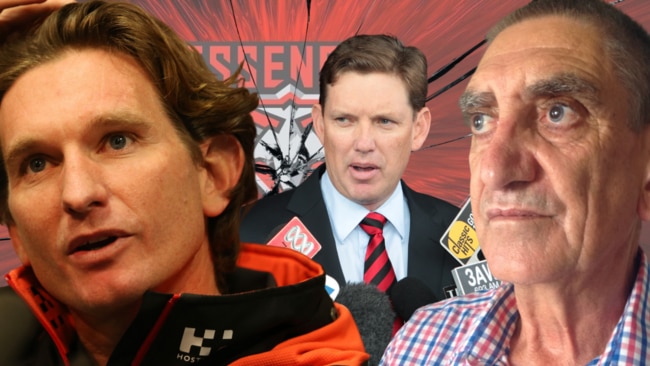
Essendon
Don't miss out on the headlines from Essendon. Followed categories will be added to My News.
James Hird’s father says Essendon must “grow a spine” and acknowledge the treachery of former chairman David Evans in siding with the AFL on the supplements saga before it can fully heal.
Allan Hird said the “trust” and “loyalty” that had sustained the Bombers for decades “was broken in 2013” when Evans “self-reported” the club to the AFL and Australian Sports Anti-Doping Authority for the alleged use of performance-enhancing drugs.
Evans infamously sought an investigation into the club’s 2012 supplement regime on February 5, 2013 after a “tip-off” from then AFL boss Andrew Demetriou - an act of betrayal Hird says the club has never recovered from.
SCROLL DOWN TO READ ALLAN HIRD’S COLUMN ON A BROKEN ESSENDON
“Mr Evans’ actions were indeed curious for a person whose duty was first and foremost to the
Essendon Football Club,” Hird said
“Did it (the club) presume the players were innocent, at least until an investigation took place, or did the club’s chairman, at the time accept, what he had been told by the AFL?
“In fact, Mr Evans worked closely with ASADA and the AFL’s (then) CEO and his deputy, (Gillon McLachlan).
“(And) as we now know the attempt to manage the ASADA investigation backfired spectacularly.”
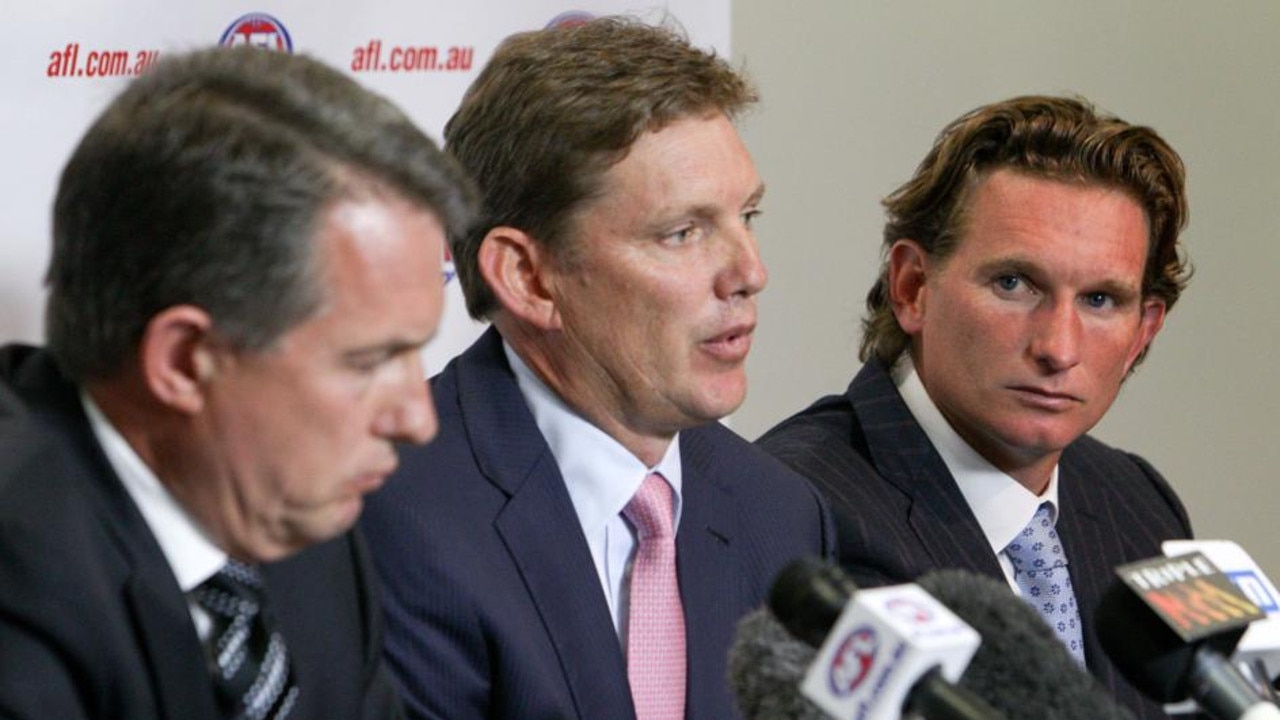
Hird said Evans’ decisions to commission a report into the club’s governance by businessman Ziggy Switkowski and to hire AFL-linked crisis manager Elizabeth Lukin on the first day of the scandal were “hard to fathom”.
“The impact of the Switkowski review was profound,” he said.
“The review was promoted by the club as a review of governance. But it was anything but. From what we know, it did not address the role of the board; that is, the club’s governors. Instead the review seems to have focused on management which reports to the board.
“Not only was it a powerful weapon in the hands of ASADA and WADA as it pursued 34
Essendon players and a powerful weapon in the hands of the AFL, as it pursued the
Essendon support staff and punished the Essendon supporters, but it helped sway public
opinion against the players and the club’s football department.”
On Lukin’s appointment, Hird said: “Ms Lukin was Mr Evans’ new crisis manager. But was she Essendon’s? Whose interests did she serve? She was appointed by Mr Evans in February 2013 and let go by Paul Little, the new chairman, immediately after Mr Evans resigned on July 27, 2013.”
Evans has never spoken publicly about his role in the drugs scandal or his dealings with Demetriou and McLachlan.
Hird said Essendon’s leadership had continued to fail the 34 players and staff caught up in the saga.
“Four support staff, the coach, the assistant coach, the football manager and the club doctor
were all found guilty by the AFL, before any evidence had been tested, of bringing the game
into disrepute,” he said.
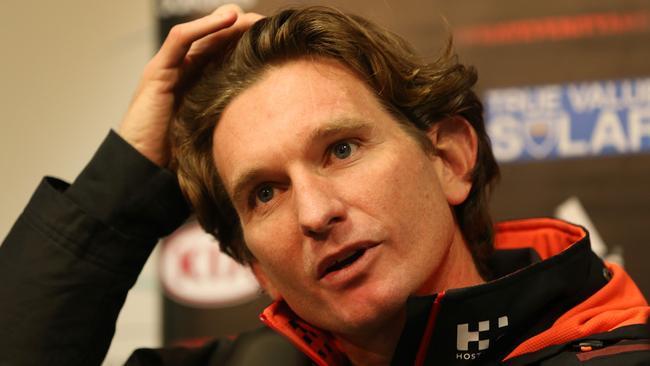
“The doctor (Bruce Reid) threatened to challenge the finding against him in the courts and
the AFL quickly withdrew all charges against him.
“None of the support staff was given the opportunity to challenge the AFL’s charges. The
AFL played the part of investigator, prosecutor and did the sentencing. The support staff
were expected to cop it by the Essendon board. The board did not demand that its own
employees receive a fair hearing.
“The timidity displayed by the club knew no bounds. To this day the club maintains the
players did not take the prohibited substance Thymosin Beta 4 which saw them rubbed out
for the 2106 season. Yet, the club has done nothing to redress this wrong. No action has
been taken in the Australian courts to defend the players.
“This, despite the fact the AFL Anti-Doping Tribunal, comprising two Australian judges and a barrister, threw out ASADA’s case because, in the tribunal’s words, it lacked an ‘evidentiary basis’.
“It beggars belief for the club to say the players did nothing wrong on the one hand while on the other hand it allows the stain of a conviction for taking performance enhancing substances to remain.
“Then to cap it off in 2019, Mr Evans, the man in charge of the club when it spiralled out of
control, was made a Life Member.
“The Essendon Football Club has to grow a spine, admit the mistakes made, pursue justice
for the 34 footballers, wrongly badged as ‘drug cheats’, and get Jobe Watson’s Brownlow
back.
“Until the club does, seasons like 2020 will be the norm.”
Hird played four games for Essendon between 1967-68, while his father, Allan Hird Sr, played 102 games before a lengthy stint as club president.
The Allan T. Hird Stand at Windy Hill was named in his honour.
MORE AFL
AFL Draft 2020: Check out the best small-medium forwards from the NAB League
The Tackle: Mark Robinson’s likes and dislikes from the 2020 AFL semi-finals
AFL Grand Final 2020: Music stars booked in Brisbane
Marlion Pickett two wins from playing in second AFL premiership in 20 games
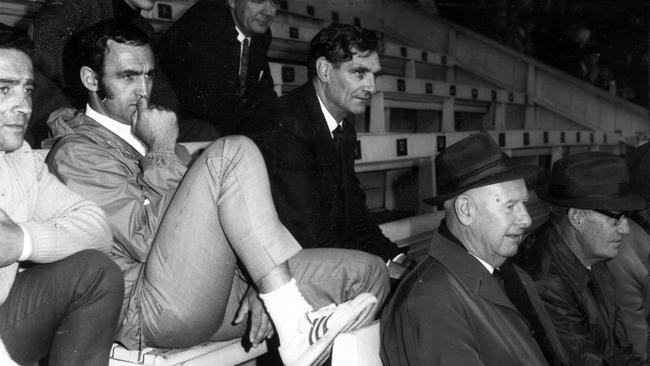
BOMBERS NEED TO RIGHT THE WRONGS
By Allan Hird
One of my favourite memories of the Essendon Football Club, happened almost 70 years ago, when Dick Reynolds, coach of the firsts, gave me a piece of chewing gum; either juicy
fruit or PK, I forget which.
Dad was captain-coach of the seconds and he had gone to Windy Hill one Sunday morning in the early 1950s to get an injury looked at.
It was a great moment for me because Dick Reynolds was revered in our home. Dad always maintained he was the best footballer he had ever seen.
The Essendon Football Club I grew up with was a family club that demanded and earned loyalty. That didn’t mean there wasn’t tension and differences of opinion. There was, but the club handled that well and importantly with integrity.
After Essendon lost the 1957 and 1959 Grand Finals there was a sense within the club that change was needed. Dad was a committeeman (director in today’s language) and he led the group who wanted a new coach. This was handled openly and, therefore, the trust that held the club together was not broken. Dad went to the coach, Dick Reynolds, the man he admired as a player and liked as a friend, and told him he thought it was time for a new coach.
The result was John Coleman was appointed coach and Essendon won the premiership in 1962 and 1965 as a united club.
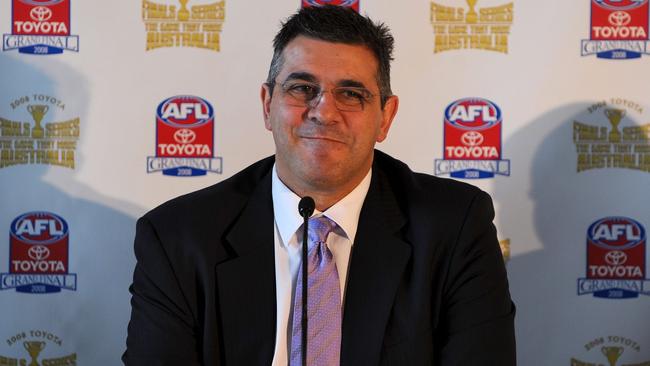
In the years that followed, the club’s unity was severely tested at times but never broken simply because of the inherent loyalty to Essendon of the people who were the club. With Kevin Sheedy as coach we won four more flags.
I believe that trust, which sustained the club, was broken in 2013. When the claim broke that Essendon footballers may had taken performance enhancing substances in 2012 how did the club respond? Did it presume the players were innocent at least until an investigation took place or did the Club’s Chairman, at the time accept, what he had been told by the AFL?
In fact, Mr Evans worked closely with ASADA and the AFL’s CEO and his deputy. Would it have it been preferable for the Essendon Football Club to co-operate fully with the AFL/ASADA investigation and yet remain arms-length from the investigators? As we now know the attempt to manage the ASADA investigation backfired spectacularly. Mr Evans’ actions were indeed curious for a person whose duty was first and foremost to the Essendon Football Club. He brought in Ms Lukin to manage the crisis and he commissioned the Switkowski review.
Ms Lukin was Mr Evans’ new crisis manager. But was she Essendon’s? Whose interests did she serve? She was appointed by Mr Evans in February 2013 and let go by Mr Little the new Chairman immediately after Mr Evans resigned on 27July 2013.
The reasons why Mr Evans commissioned the Switkowski review are hard to fathom. It was sensible for the club to undertake a review of the club given the circumstances. Yet, what was the purpose of the Switkowski review?
In the executive summary posted on the club’s website Dr Switkowski states the AFL/ASADA joint investigation was no-go area for this report.
Why then did Mr Evans make the report available to the AFL and ASADA? The impact of the Switkowski review was profound. The review was promoted by the club as a review of governance. But it was anything but. From what we know, it did not address the role of the Board; that is, the club’s governors. Instead the review seems to have focused on management which reports to the Board.
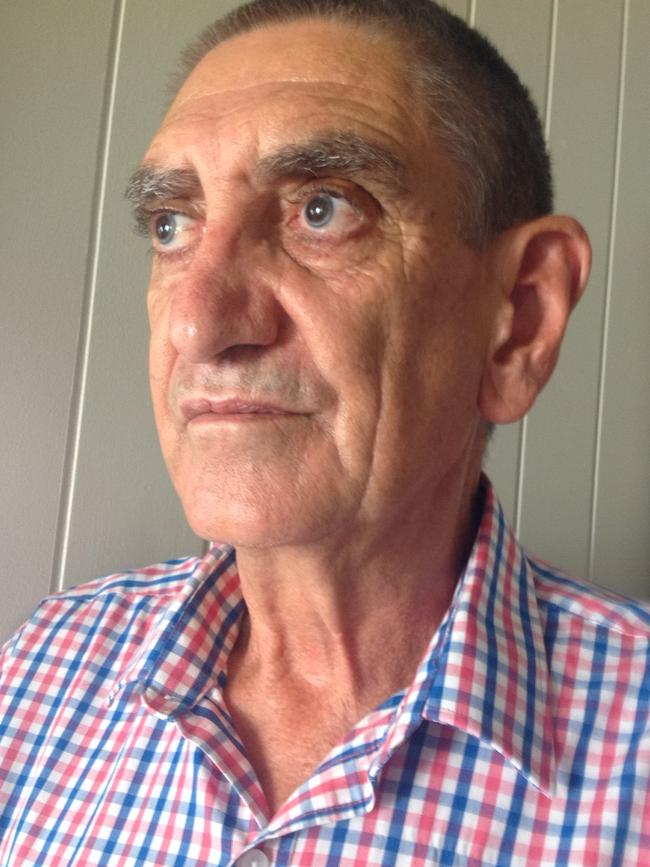
Not only was it a powerful weapon in the hands of ASADA and WADA as it pursued 34 Essendon players and a powerful weapon in the hands of the AFL, as it pursued the Essendon support staff, but it helped sway public opinion against the players and the club’s football department.
The Switkowski review has never been released by the Essendon Football Club. We do not what the terms of reference were or the methodology. Constant media stories about the players being ‘drug cheats’ leaked from the joint AFL/ASADA investigation during the 2013 season. Yet they remained strong mentally and played well as a team. Did their significant achievement against the odds mean anything to the Essendon Board?
The players won 14 games in 2013. Up to round 17, when the AFLPA told them the AFL would kick them out of the finals the players had won 13 of 16 games and had a percentage of 131.4. Of the last six games, they managed only one win which was against Carlton. Cruelly, Carlton was the team the AFL chose to replace them in the finals. Four support staff, the coach, the assistant coach, the football manager and the club doctor were all found guilty by the AFL, before any evidence had been tested, of bringing the game into disrepute. (The doctor threatened to challenge the finding against him in the courts and the AFL quickly withdrew all charges against him.)
None of the support staff was given the opportunity to challenge the AFL’s charges. The AFL played the part of investigator, prosecutor and did the sentencing. The support staff were expected to cop it by the Essendon Board. The Board did not demand that its own employees receive a fair hearing.
The timidity displayed by the club knew no bounds. To this day the club maintains the players did not take the prohibited substance Thymosin Beta 4 which saw them rubbed out for the 2106 season.
Yet, the club has done nothing to redress this wrong. No action has been taken in the Australian courts to defend the players.
Yet the AFL Anti-Doping Tribunal, comprising two Australian judges and a barrister, threw out ASADA ‘s case because, in the tribunal’s words, it lacked an ‘evidentiary basis’.
ASADA then funded the World Anti-Doping Agency to prosecute the players in a fresh trial at the Court of Arbitration for Sport which banned the 34 players for the 2016 AFL Season. CAS banned the players even though it was agreed by WADA (the prosecutor) and the CAS panel there was no analytic evidence from the extensive testing of the players that they had been injected with TB-4.
It beggars belief for the club to say the players did nothing wrong on the one hand while on
the other hand it allows the stain of a conviction for taking a performance enhancing
substance to remain.
The club also allowed the AFL to strip Jobe Watson of his Brownlow Medal while knowing he had done nothing wrong.
Then to cap it off in 2019, Mr Evans, the man in charge of the club when it spiralled out of control, was made a Life Member.
The Essendon Football Club has to grow a spine, admit the mistakes made, pursue justice for the 34 footballers, wrongly badged as ‘drug cheats’, and get Jobe Watson’s Brownlow back.
Until the club does grow a spine, seasons like 2020 will be the norm.
MORE AFL
AFL umpiring: Ray Chamberlain dropped for the rest of finals
October rankings: South Australia’s top 30 AFL Draft prospects
Originally published as James Hird’s dad says ex-Dons boss David Evans ‘broke the trust’ that held the Bombers together

